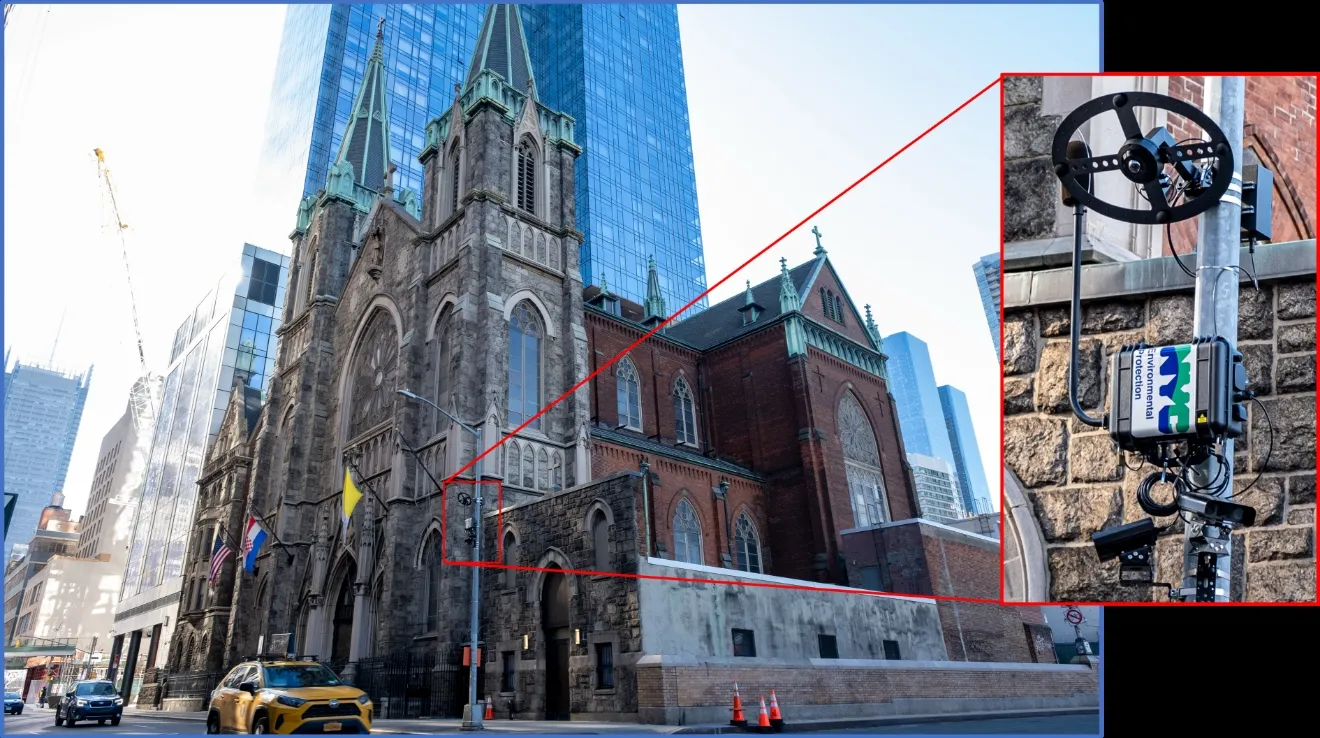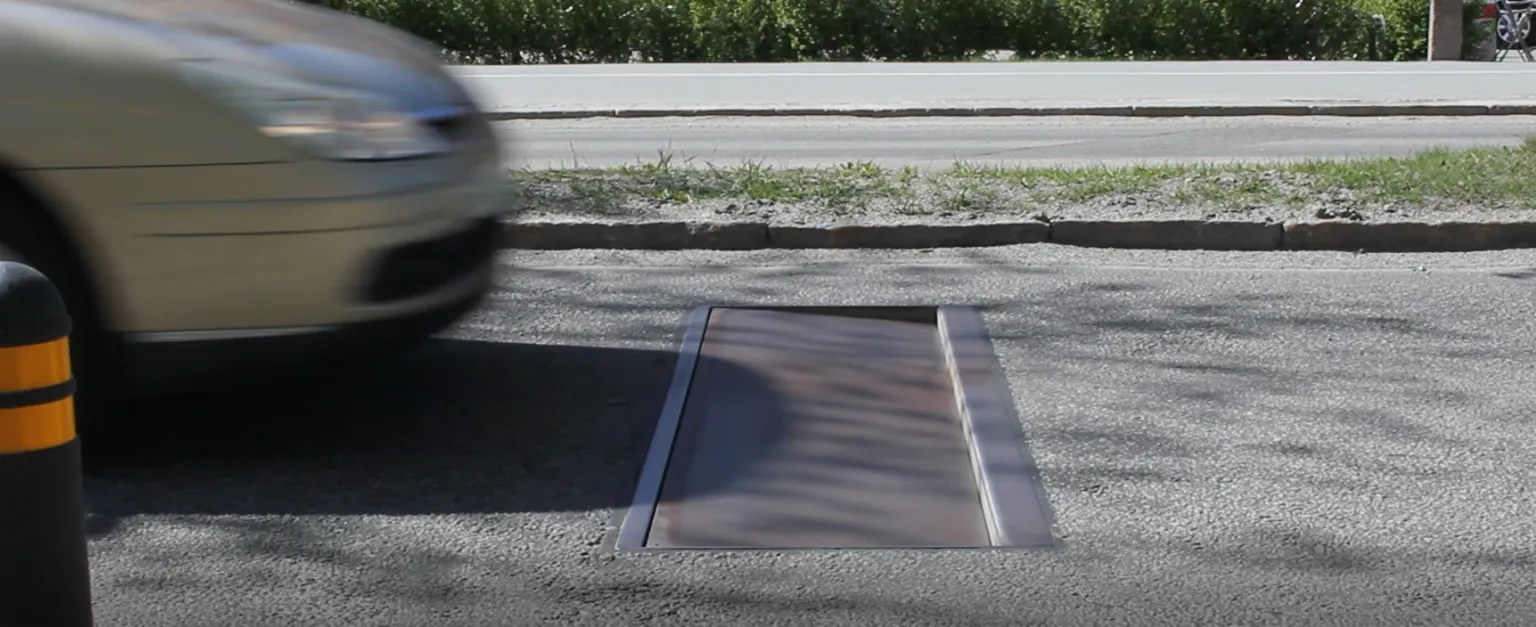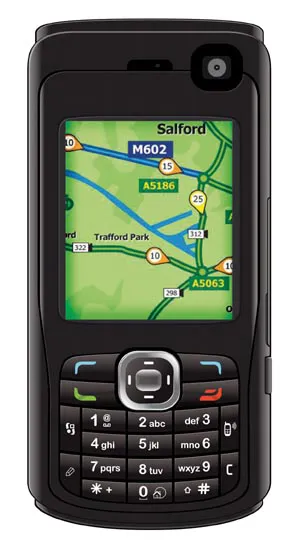
Recent polling in the UK shows that 69% of respondents support measures to tackle noisy vehicles. But it also shows that awareness of noise cameras that detect such vehicles is low.
Independent polling from pollster Opinium Research, commissioned by Intelligent Transport Systems UK (ITS UK), has shown the majority of the public support measures to make it easier to enforce noise limits on road vehicles. The polling comes alongside a new report from ITS UK that sets out key recommendations for the UK government to support the use of noise camera technology.
The findings of the independent survey of 2,050 individuals across the UK show that there is strong support for measures to make it easier to enforce against excessively noisy vehicles, with 69% in support and 16% opposing. Excessively noisy cars and motorcycles are ones that have been modified or driven in a way that creates additional noise.
The polling also shows that awareness of noise camera technology is low. According to the polling, two-thirds of the public (67%) have never heard of noise cameras. Meanwhile, 17% have heard of them but don't know any details. A tenth (10%) of respondents said they know at least a bit about noise cameras. Among those with access to a vehicle, awareness remains low at 28%.
A noise camera identifies excessively noisy vehicles and where necessary, issues a fine to deter drivers from driving in an anti-social manner. The technology is based upon sensors composed of either microphones or radar which can pinpoint a noisy vehicle as it passes by.
The camera will then take a recording accompanied by automated number plate recognition (ANPR) to identify the vehicle and to create a package of evidence for use by the relevant authority. One such manufacturer of noise cameras is Intelligent Instruments, a UK-based company which says their Soundvue systems are used in London and across four continents.
The company’s SoundVue system uses algorithms and artificial intelligence to automatically detect excess noise from road vehicles. It captures precision noise level - to the Class1 accuracy standard of IEC 61672) and clear audio and visual data. A Halo microphone array identifies the dominant vehicle, even when other vehicles are present, and places an identifying marker upon it.
Meanwhile, the SoundVue system’s ANPR/LPR cameras read the offending vehicle's licence or registration plate. All date is sent to the company's secure webserver for review and action as appropriate. The company says that its partner organisations can integrate SoundVue technology into other own platforms and it will provide full back office functions including identification of the vehicle owner, processing of fines and collection of revenue.
According to the poll results, when noise cameras were explained to the respondents, support for their further roll out is high with 62% in support and 20% opposing it.
Half of respondents think public awareness of laws around excessively noisy vehicles and their enforcement is too low (50%) with only a fifth thinking it’s “about right” (20%).
Alongside the findings, ITS UK has published a new report urging the UK government to take further action to support noise camera technology. The organisation sets out three recommendations. It wants the establishment a government-led noise group comprised of key industry stakeholders. There should also be publication of overdue guidance for local authorities. The government should support a public awareness campaign that promotes the positive role noise cameras can play in reducing noise pollution.
“Noise cameras allow local authorities or the police to pinpoint and thereby enforce against, excessively noisy vehicles,” said Max Sugarman, chief executive of ITS UK. “Today’s polling shows that the public want to see action against noisy vehicles and that when explained, noise cameras have a high level of support amongst the public. The public polling also shows a clear desire for greater information and understanding about what noise cameras can do.
“However, since trials concluded last year, there has been little support from government for the roll out of this technology, with guidance for local authorities now overdue. The UK has great expertise in noise camera technology, and so support for this growing sector will not only mean quieter streets for communities around the UK, it will also mean backing a key market that has the potential to be exported around the world.”
“Most people aren't aware of noise camera technology but many are affected by excessively noisy vehicles particularly in big cities like London,” said Adam Drummond, head of political and social research at Opinium.
The report based on the poll can be found by clicking here: www.its-uk.org/noisecamera-polling
ITS UK is a membership organisation - 175 public and private sector members - that provides a national platform to support the roll out of technology for a cleaner, safer and more effective transport network.
Opinium Research, which carries out political polling and industry research, is a member of the Market Research Society and the British Polling Council. Opinium carried out the ITS UK poll as an online survey of 2,050 UK adults aged 18 and greater between January 8 and 10. Results have been weighted to be politically and nationally representative.







